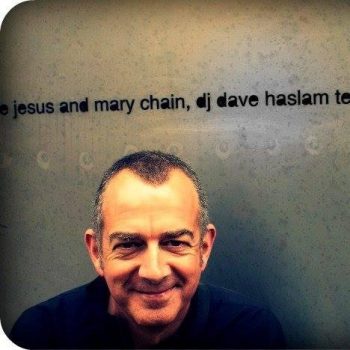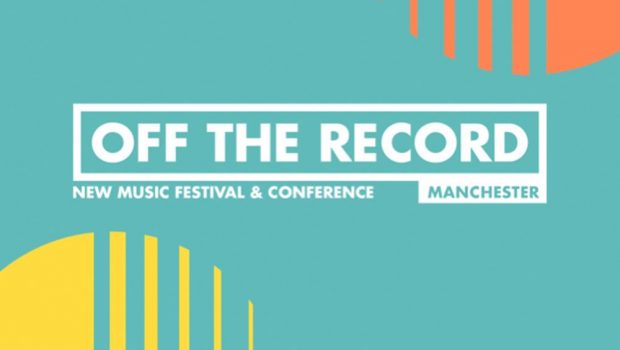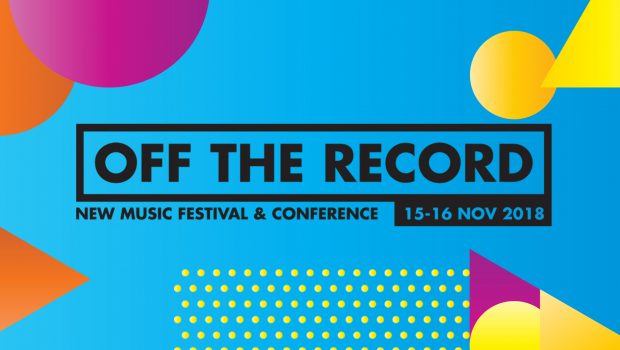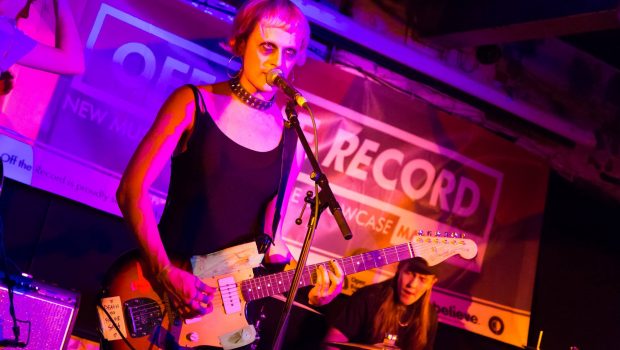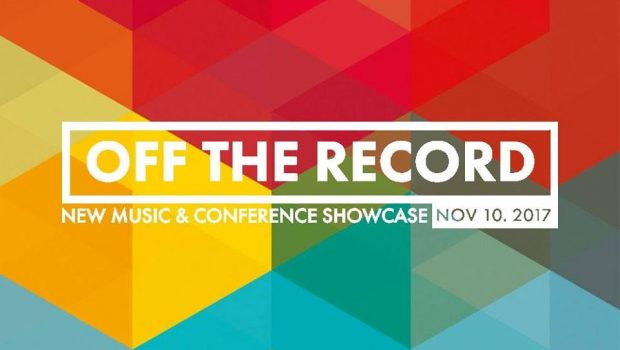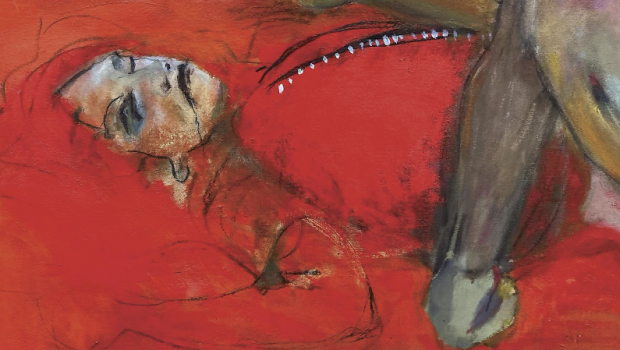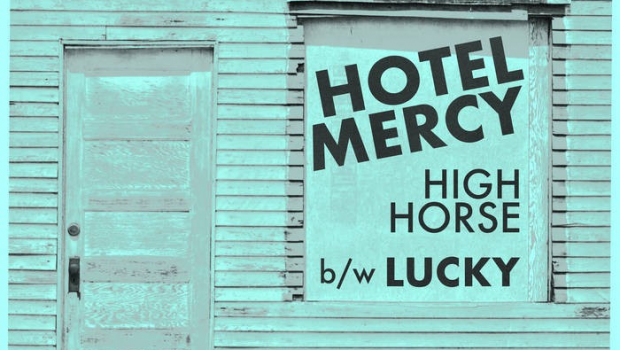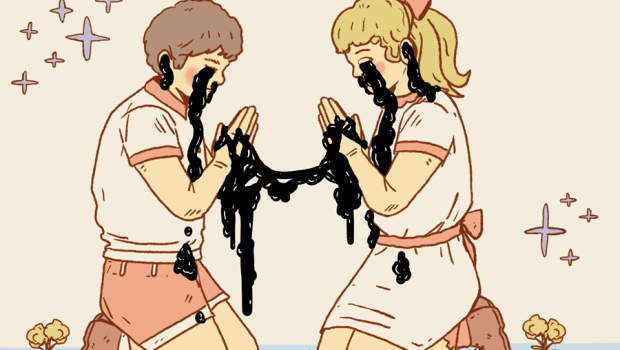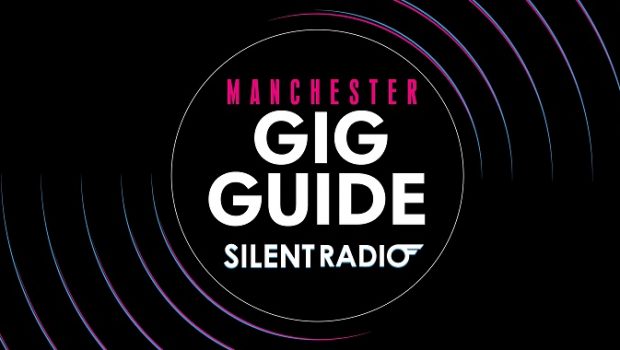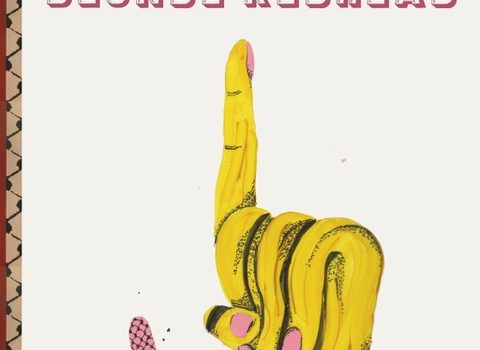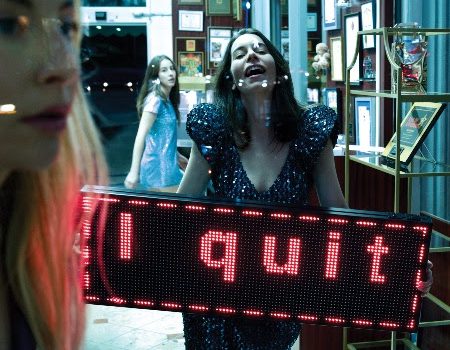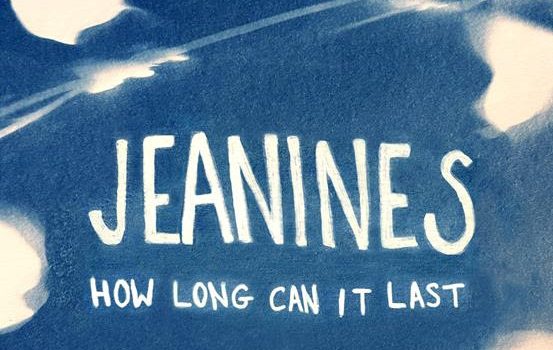– The Northern Quarter, Manchester 04/11/2016 –
CONFERENCE: On the tram to Market Street, my head is prepped with questions in advance of the forthcoming events of the day. By light, Off The Record promises to present a number of panels tackling obstacles in the music industry, with reference to relevant experience and know-how. For my part, I’m hoping for conversations that dissect the tricky stuff and offer specific advice. It seems to be the case that – as with any competitive industry – the obvious and prevailing message is ‘work as hard as you can’. Granted, this is probably true when considering how many aspects are run, from touring and recording to management and PR. Yet I’m a little tired of the emphasis put on this mantra, for a handful of reasons. Chiefly, it bothers me that some creative and provocative artists are for one reason or another unable to settle into a pattern of decidedly rigorous work, such as gigging night after night, or putting in considerable hours of studio time. Similarly, people with real conviction in – and a connection with – artists and their work might struggle to work in the fast paced music industry environment that is often based in London. I don’t see ‘tough luck’ to be a fitting response to these issues, as it goes without saying that tremendous creative output comes from individuals who have suffered from (and continue to suffer with) setbacks. I frequently think of Belle and Sebastian’s Stuart Murdoch, the leader of a band with an impressive discography and unique live presence that appears to pride itself on inclusivity, bringing its audience into the heart and soul of the performance. His seven year period of work inactivity due to ME seemed to be a time of isolation but also of songwriting, making his success all the more admirable. I cynically speculate about whether the industry does much to pull its weight when it comes to supporting musical types with chronic setbacks. At a local level, however, I sense there is much potential for creating an inclusive and functioning system that isn’t a no-go zone for certain people.
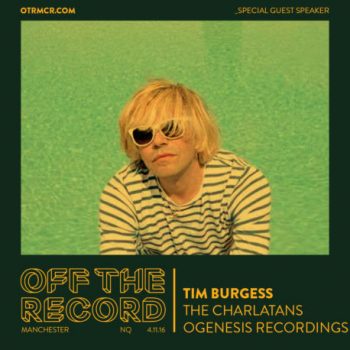 Back to the event at hand. The first session I visit, after having gratefully taken a complimentary cup of Tim Peaks coffee, is entitled ‘New Music from an Old Friend’. The description in the guide leaflet says that the panel will discuss ‘ways that artists can look out for themselves in the industry’. I am pleased to see that Ellie Moore will be joining the panel, a representative from the charity Help Musicians UK, which is uniquely dedicated to supporting the well-being of musicians throughout their career and beyond. The conversation circulates around what funding is available and how best to go about seeking it, and the salient point to take away from the speakers (from bodies including PledgeMusic, Arts Council England and PRS for Music Foundation) is that artists have the best shot at receiving a monetary leg-up if they can show a dedicated following in front of the respective boards. This makes sense, and it is good to know that Lottery funded bodies will necessarily listen to all submitted music. After the 25 minute panel talk, I ask the speakers how artists who are struggling to get going and consistently play live due to health reasons or impediments can be supported. The answer is not all too clear, and it is suggested that specific disability-related bodies are the best port of call, though Funding Wizard is a more generally recommended platform through which to find relevant support. I can only concur, though it seems a shame that there is not more crossover between health and music related support groups. All the same, I am pleased to discover that Help Musicians UK does a lot to support the mental health and hearing-related issues of musicians, and also helps with career and skill development (e.g. production), such as for those leaving a conservatoire or who have been in a band for a long time without desired progression.
Back to the event at hand. The first session I visit, after having gratefully taken a complimentary cup of Tim Peaks coffee, is entitled ‘New Music from an Old Friend’. The description in the guide leaflet says that the panel will discuss ‘ways that artists can look out for themselves in the industry’. I am pleased to see that Ellie Moore will be joining the panel, a representative from the charity Help Musicians UK, which is uniquely dedicated to supporting the well-being of musicians throughout their career and beyond. The conversation circulates around what funding is available and how best to go about seeking it, and the salient point to take away from the speakers (from bodies including PledgeMusic, Arts Council England and PRS for Music Foundation) is that artists have the best shot at receiving a monetary leg-up if they can show a dedicated following in front of the respective boards. This makes sense, and it is good to know that Lottery funded bodies will necessarily listen to all submitted music. After the 25 minute panel talk, I ask the speakers how artists who are struggling to get going and consistently play live due to health reasons or impediments can be supported. The answer is not all too clear, and it is suggested that specific disability-related bodies are the best port of call, though Funding Wizard is a more generally recommended platform through which to find relevant support. I can only concur, though it seems a shame that there is not more crossover between health and music related support groups. All the same, I am pleased to discover that Help Musicians UK does a lot to support the mental health and hearing-related issues of musicians, and also helps with career and skill development (e.g. production), such as for those leaving a conservatoire or who have been in a band for a long time without desired progression.
As the day goes on, I stick around for a number of talks. Around noon I listen to ‘The Label of Love’, where The Charlatans’ Tim Burgess and Tear’s Camille Bennett talk about independent labels, namely Burgess’ own O Genesis. Burgess affirms the fact that his label is made up mostly of friends, and ultimately of music that he likes. Not discrete practical steps to success, then, but a nice indication of how mates can back each other’s music (I think of a friend’s label in Bristol, Breakfast Records, and how it does exactly this to make waves at a local level). Burgess even talks about wanting the sleeves to look good and how the artists’ creativity can come into play in this respect, differing from the protocol I witnessed at Beggars Group in London, where a dedicated Art and Design department were in force to create the “right” accompanying imagery.
Later, during ‘It’s More Fun to Compute’, speakers from several digital platforms discuss the tricks they prize most highly. Consistent artwork, keeping up-to-date content and allowing for the natural growth of your online presence rather than buying views and likes all get a thumbs up, as well as studying social media platforms to work them to your advantage, using elements like Spotify’s Radar Release. One of the speakers cites the example of the band Oh Wonder, and how their release strategy involved releasing one track of their album each month rather than front-loading the process. Authentic content and mobile-friendly interfaces seem to come highly recommended.
Last comes my most anticipated session, with DJ Dave Haslam quizzing the Labour mayoral candidates for Manchester and Liverpool, Andy Burnham and Steve Rotherham respectively. It’s not entirely obvious whether the discussion has an end goal, but I’m keen to see how well-supported political individuals wish to back music-related ventures. Central to the chat is the topic of devolution and how the North West can support its own musical acts and keep a thriving industry without recourse to the Big Smoke; Burnham is vocal about his disdain for the Westminster system and how it does a disservice to the area he represents. He goes on to talk of the need for strong musical education, not simply in schools, but also in the form of accessible facilities for children on the street. Both panel members discuss the need for music hubs not just in the city centres but in nearby towns such as Bolton, Rochdale, St Helens and Knowsley – which, as the product of a dull town somewhere between the two cities, I can see the importance in. On another note, Haslam probes them both about whether the cities ride on the coattails of former musical glory: easy to do, but perhaps not the best way of helping current performers and musical scenes. Rotherham even notes that we must be wary of neglecting big contributors to local music history, notably the part played by black communities in Liverpool.
Though the talks have been interesting, I’m left with what feels like unfinished business. I manage to catch Burnham later and ask him for his thoughts on supporting disabled musicians. Understandably he can only give me a select few pointers, the Arts Council being one. I think it’s a shame that accessibility in its broadest sense did not really arise in the discussions I attended. What about systematic changes to the industry, not just ramps allowing only ground floor access to wheelchair users? How about creating club and live music venues that have researched people’s needs and offer a more comfortable environment? What about managers trying to support artists and curate tours that are more forgiving and don’t warrant excessive labour for the love of the art? It’s ironic that I’m too fatigued to go to the gigs in the evening, but the day has been at least been informative in some measure, and leaves me with food for thought.

